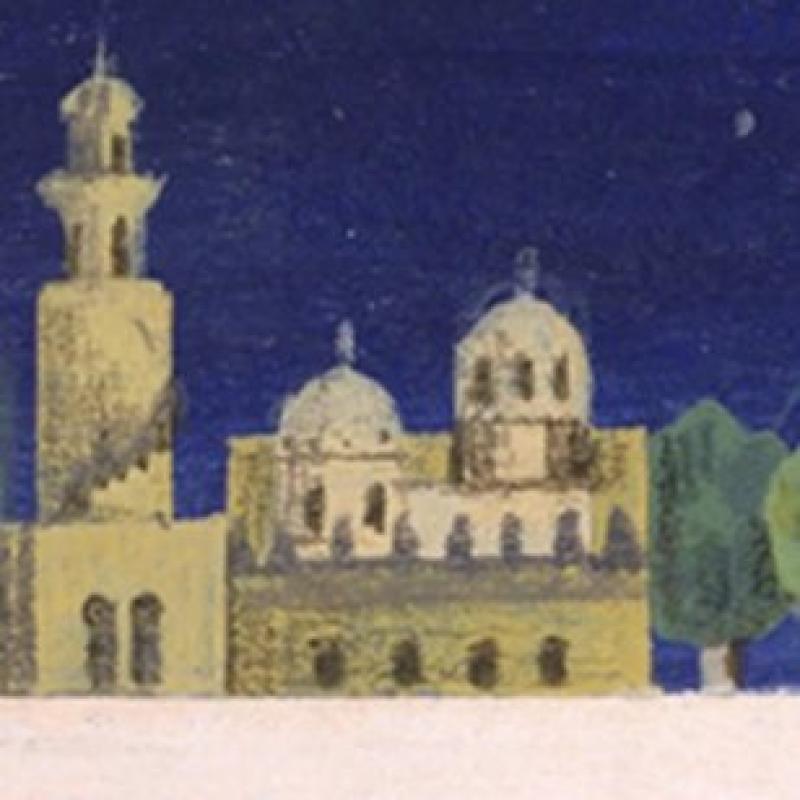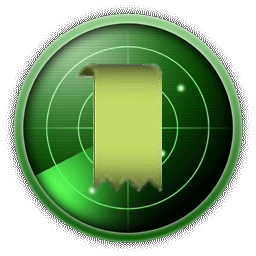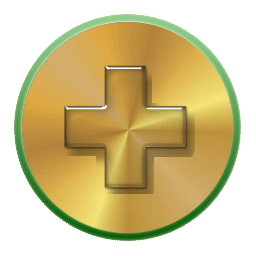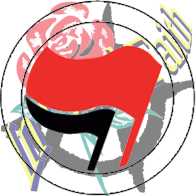Who’s Afraid of Arabic Numerals?




CivicScience , a Pittsburgh-based research firm, put that question to some 3,200 Americans recently in a poll seemingly about mathematics, but the outcome was a measure of students’ attitudes toward the Arab world. Some 56 percent of the respondents said, “No.” Fifteen percent had no opinion.
Those results, which quickly inspired more than 24,000 tweets, might have been sharply different had the pollsters explained what “Arabic numerals” are.
There are 10 of them: 0, 1, 2, 3, 4, 5, 6, 7, 8 and 9.
That fact prompted John Dick, the chief executive of the polling company, to label the finding “the saddest and funniest testament to American bigotry we’ve ever seen in our data.”
Presumably, the Americans who opposed the teaching of Arabic numerals (Republicans in greater proportion than Democrats) lacked the basic knowledge of what they are and also had some aversion to anything described as “Arabic.”
Which is indeed sad and funny — and also a reason to pause and ask a simple question: Why is the world’s most efficient numerical system, also standard in Western civilization, called “Arabic numerals”?
The answer traces to seventh-century India, where the numerical system, which included the revolutionary formulation of zero, was developed. Some two centuries later, it moved to the Muslim world, whose magnificent capital, Baghdad, was then the world’s best city in which to pursue an intellectual career. There, a Persian Muslim scholar named Muhammad ibn Musa al-Khwarizmi developed a mathematical discipline called al-jabir, which literally means “reunion of broken parts.”
In the early 13th century, an Italian mathematician named Fibonacci, who studied calculation with an Arab master in Muslim North Africa, found the numerals and their decimal system much more practical than the Roman system, and soon popularized them in Europe, where the figures became known as “Arabic numerals.”
Meanwhile, the discipline of al-jabir became “algebra,” and al-Khwarizmi’s name evolved into “algorithm.”
Today, many words in English have Arabic roots; a short list would include admiral, alchemy, alcove, alembic, alkali, almanac, lute, mask, muslin, nadir, sugar, syrup, tariff and zenith. Some scholars think that even the word “check,” which you get from a bank, comes from the Arabic word sakk, which means “written document.” (Its plural, sukuk, is still used in Islamic banking to refer to bonds.)
Tags










